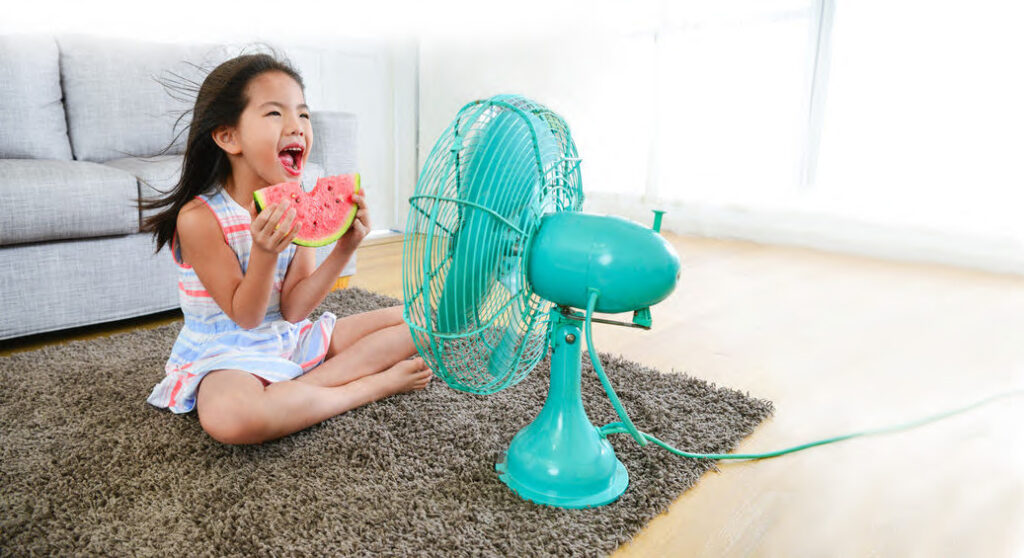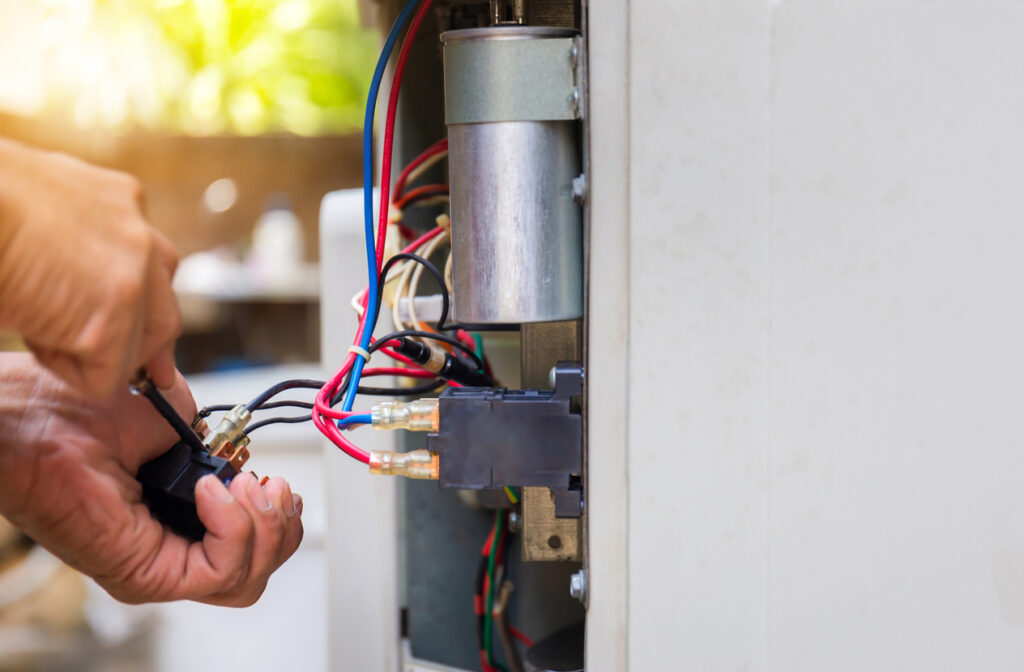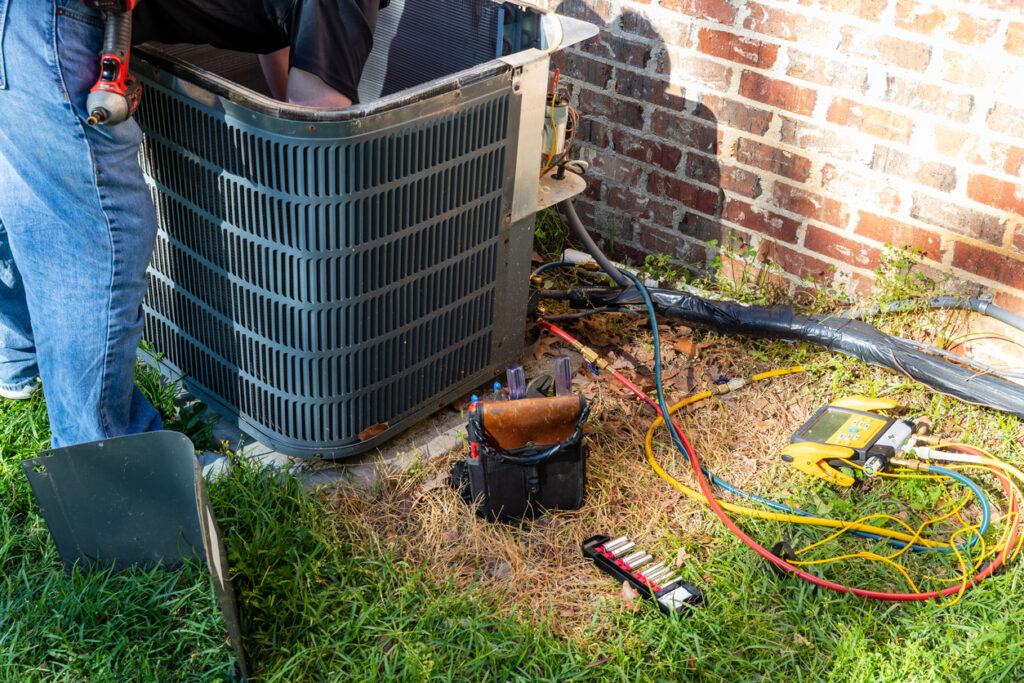The Basics About Water Heaters: Types, Parts & How They work
Water heaters are one of those home appliances we don’t think about until they need to be replaced. But what is a water heater? How do they work, and why are they so necessary for us?
This guide will discuss the different types of water heater and plumbing services available and how residential water heaters work. We’ll also discuss the parts of a residential water heater and what you can do if something goes wrong with your unit.
What Is a Water Heater?
A water heater is a machine that heats water for use in your home. They’re an essential part of any home and serve various functions such as heating showers, dishwashers, laundry machines, and so on. Water heaters use one of two methods to heat cold water: gas or electricity. Gas water heaters generate heat through combustion, whereas electric water heaters generate heat through a heating element.
Water heaters provide hot water for a variety of household tasks, including dishwashing and showering. Tankless units also save energy by providing hot water on demand rather than allowing the water to run cold until it’s heated.
What Are the Different Types of Water Heaters?
There are three main types of residential water heaters: electric, gas, and tankless.
- Electric water heaters: Electric water heaters are the most common type and come in two varieties — storage or instantaneous. Storage water heaters store heated water in a tank, while instantaneous water heaters generate hot water on demand.
- Gas water heaters: Gas water heaters are the most popular and come in two varieties — storage and tankless. Storage gas water heaters use a natural gas line to store heated water, while tankless gas water heaters generate hot water on demand.
- Tankless water heaters: Tankless water heaters are a newer type that’s becoming increasingly popular. Instead of using a storage a tank to store heated water, they heat the water as it passes through the unit. This eliminates standby energy losses and can save you money on your utility bills.
How Do Residential Water Heaters Work?
Residential water heaters use two methods to heat the potable water — gas or electric.
- Gas water heaters: Gas water heaters burn natural gas to produce heat. This heat is then transferred to the water, which is then heated for your home.
- Electric water heaters: Electric water heaters use a heating element to create heat. The heated water is then stored in a tank until you need it. When you turn on the hot water faucet, the heated water flows out and mixes with the cold water coming in from the pipes, creating hot water that’s ready for use.
What Are the Parts of a Residential Water Heater?
It takes many components to make your water heater work properly. At Strittmatter Plumbing, Heating, and AC, we maintain a comprehensive component inventory and can quickly repair or replace these components within your gas, electric, or tankless water heater system:
Gas & Electric Water Heaters
- Tank: The insulated tank stores water after heating. Most residential tanks range from 30 to 120 gallons.
- Heating element: This metallic rod is immersed within the tank, where it generates heat using gas or electricity.
- Thermostat: The thermostat controls water temperature.
- Dip tube: This carries cold water into the bottom of the tank, where it’s heated and mixed with hot water.
- Cold water inlet and hot water outlet: The inlet and outlet introduce fresh water into the tank and discharge hot water into the plumbing network.
- Drain valve: This critical component removes buildup within the tank.
- Anode rod: This simple component, designed to protect against corrosion, is made of steel wire wrapped in aluminum, magnesium, or an aluminum and zinc alloy.
- Temperature and pressure relief valve: Commonly called the T&P valve, it protects against overpressure and overheating.
- Gas burner: The burner is coupled with the burner control assembly. This is where natural gas or propane is burned, heating the water in the tank.
- Pilot light: The pilot light is part of the ignition system and is vital for ensuring proper ignition within the burner.
- Thermocouple: This safety device is a temperature sensor that measures water temperature.
- Vent: The vent removes combustion gases from the home.
- Blower and flue baffle: The blower assembly and flue help transfer exhaust fumes into the vent.
- Electric heating element: The gas burner assembly is replaced with an electric heating element in electric water heaters.
- Circuit breaker: This ensures the proper flow of electricity and protects against overcurrents, short circuits, etc.
Tankless Water Heaters
While similar to storage tank water heaters, several components within tankless water heaters are vital due to the different operations these units perform. These components include:
- Flow sensors: Tankless water heaters incorporate flow sensors to determine how much water flows into the water heater. If the flow is too low, it won’t initiate the heating operation.
- Control panel: Tankless systems use a control panel to turn the heat source on and adjust the water temperature.
What Can Go Wrong With a Residential Water Heater?
A residential water heater can fail for a variety of reasons. The most common problem is a shortage of hot water. This could have several causes, including sediment buildup in the tank, a faulty thermostat, or a clogged burner. If you notice a lack of hot water, there are some troubleshooting steps you can take to attempt to resolve the issue.
If your water heater is over 10 years old, it may be time to replace it. Water heaters that are getting old can begin to leak and lose efficiency. There are a few different types of water heaters to choose from if you’re in the market for a new one:
- Tankless or on-demand water heaters
- Gas or electric water heaters
- Solar water heaters
No matter which type you choose, be sure to consult with a qualified plumber to ensure it’s installed correctly. Improper installation can lead to all sorts of problems, such as leaks or even fires. If you have any issues with your residential water heater, contact a professional immediately.
Use these tips for keeping your water heater in tiptop shape:
- Clean the anode rod every year to prevent corrosion and rust from building up in your tank. This can be done by using a mixture of water, baking soda, and vinegar. (Do not use any other cleaners or chemicals.)
- Drain and flush your system once a year to get rid of built-up sediment.
- Check the water pressure to ensure it’s within the recommended range (50 to 120 psi). If it’s not, you may need to adjust your water pressure regulator.
- Keep an eye on your energy bills — if they start creeping up, it may be time to replace your old water heater with a new, more energy-efficient model.
Water heaters are an essential part of any home, and it’s important to understand how they work and what can go wrong with them. By following these tips, you can help keep your water heater in good working order and avoid costly repairs.
If you’re ever experiencing problems with your residential water heater, contact a professional immediately.
Heating & Plumbing Services in Highland Village, TX
Need a new water heater? Count on Strittmatter Plumbing, Heating, and AC to helpl you learn more about the different types of water heaters available. We’ll help you find the perfect one for your home and needs.
If you’re having problems with your water heater, contact us today to schedule a service. Our experts are here to help.






